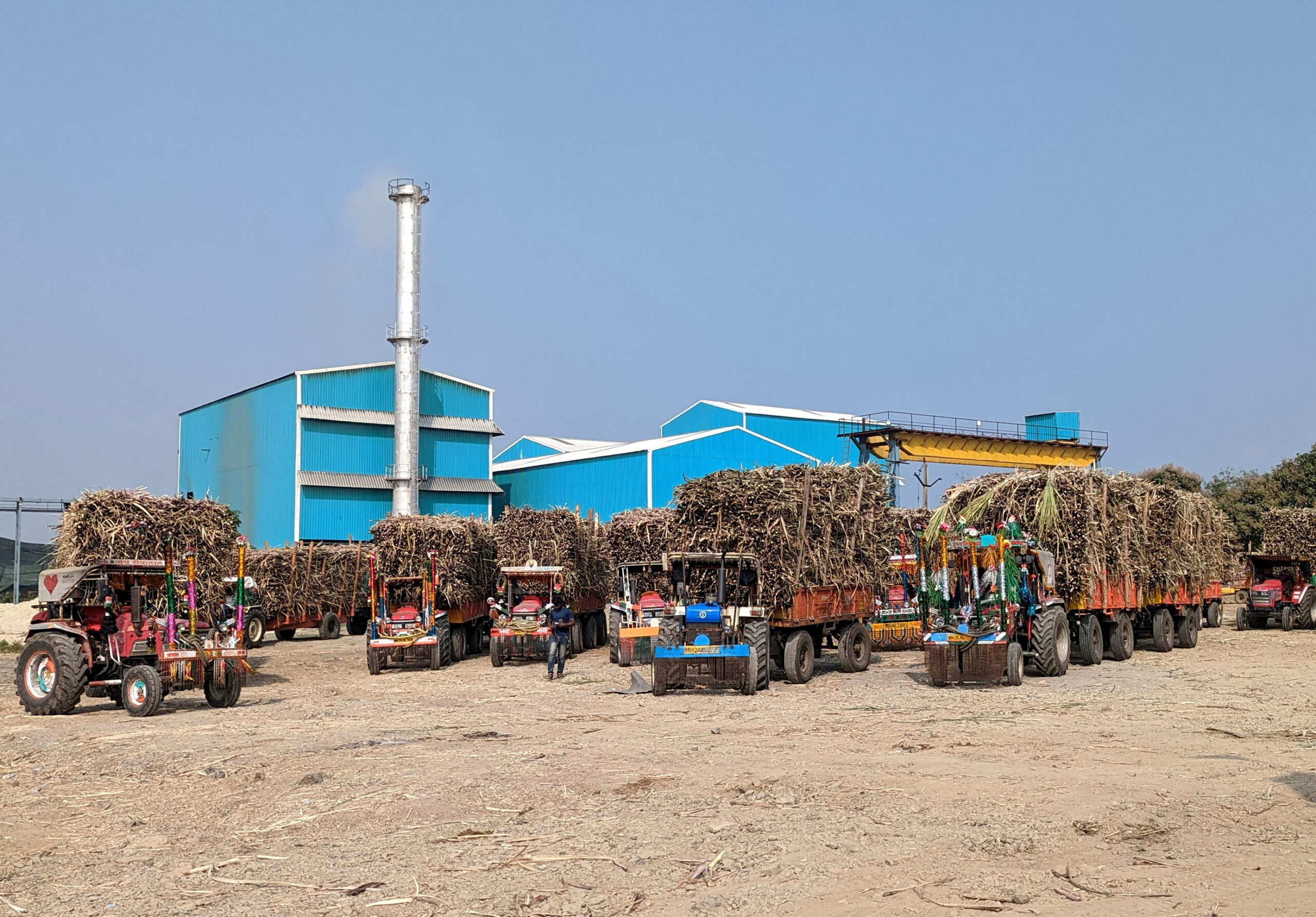Ethanol Production Sparks Concerns over Sugar Export Ban
International commodity trader Wilmar International has sounded the alarm, saying that India’s increasingly sharp focus on ethanol production may reduce or even zero-out sugar exports. The alert comes as India pushes toward the goal of sustainable energy with diversion of sugarcane for ethanol production, further raising concerns about the probable disruptions in global sugar supplies.
Now that India is the world’s second-largest sugar exporter, change could unsettle international markets enough to force key buyers to seek shelter. While ethanol policies might promise energy security, Wilmar says those policies can actually destabilize international sugar trade.
“Energy goals are conflicting with trade priorities,” a Wilmar spokesperson said.
India’s push for ethanol gains momentum
The Indian government has been trying to improve ethanol production. This would be part of its policy to reduce the importation of fuel and help in the use of green energy sources. By 2025, the country should have a 20% blending of ethanol into gasoline. This will attract huge diversion of sugarcane away from sugar manufacturing.
The policies would decrease India’s ability to export sugar because most of the sugarcane would go to domestic ethanol production. “If this trend continues, India could be a small player in the global sugar market for the next two years,” an analyst at the Wilmar unit said.
Current Sugarcane Production may no longer be sufficient to offset ethanol and sugar exports and therefore the government would be left with no option but to choose energy security over international trade obligations.
Impact on International Market: Buyers look for Alternative Suppliers
This will assuredly shake up the sugar world worldwide, particularly for states that have come to rely on Indian sugar; major importers include Indonesia and parts of the Middle East which are looking for alternative sources in Brazil and Thailand.
“India’s exit from the export market would pull in global supplies and push up prices,” said commodity market expert Rajiv Gupta. International sugar prices have been volatile in the past two months, and this reduced Indian exports could heighten the volatility.
“This will disrupt market dynamics just when global demand is rising,” Gupta added.
Brazil, the world’s largest sugar producer, will be the first beneficiary of the situation. It will fill the gap left by India, although analysts warn that bottlenecks in logistics and production limits may prevent other suppliers from meeting global demand quickly.
Domestic Sugar Industry Faces Uncertainty
While the ethanol policy of India makes all sense from an environmental and energy point of view, it does seem to throw up an uphill challenge to the sugar industry in this country. The exporters are also a bit concerned that an ethanol-based approach would eat into profit and hurt businesses dependent on world trade.
“The government needs to balance ethanol production and sugar exports or risk derailing the domestic sugar industry,” said Abhinav Mishra, a spokesman for one of India’s biggest sugar exporters. Fewer export opportunities could spell disaster for small and mid-sized sugar mills, potentially leaving the industry with layoffs and consolidation.
“Energy ambitions could cripple a key agricultural sector,” Mishra warned.
But officials in India are standing by this ethanol policy stating that it is a national move to gain energy independence. The representative of the Indian government even said, “the benefit that the economy will obtain by decreasing fuel imports will supersede the impact on export, in the long run.”
A Shift That Could Reshape Markets
This, from India’s move to accentuate ethanol production rather than sugar exports – is the balance between energy policy and trade tilted. While that could mean furthering an important point of India’s sustainability agenda, the result may jeopardize turbulence within the international sugar markets, along with straining trade relationships with key partners.
“Such is the cost that comes from the ethanol boom,” according to Wilmar.
As global importers steel themselves for what could turn out to be shortages, pressure mounts on India to figure out a way to tactfully balance energy with trade interests. For the near-term, the world watches and waits, knowing that a reduction in Indian sugar exports will have far-reaching economic implications. The shift either by policy adjustment or continuance will change the potential Indian contribution to the global sugar market in the years ahead.
